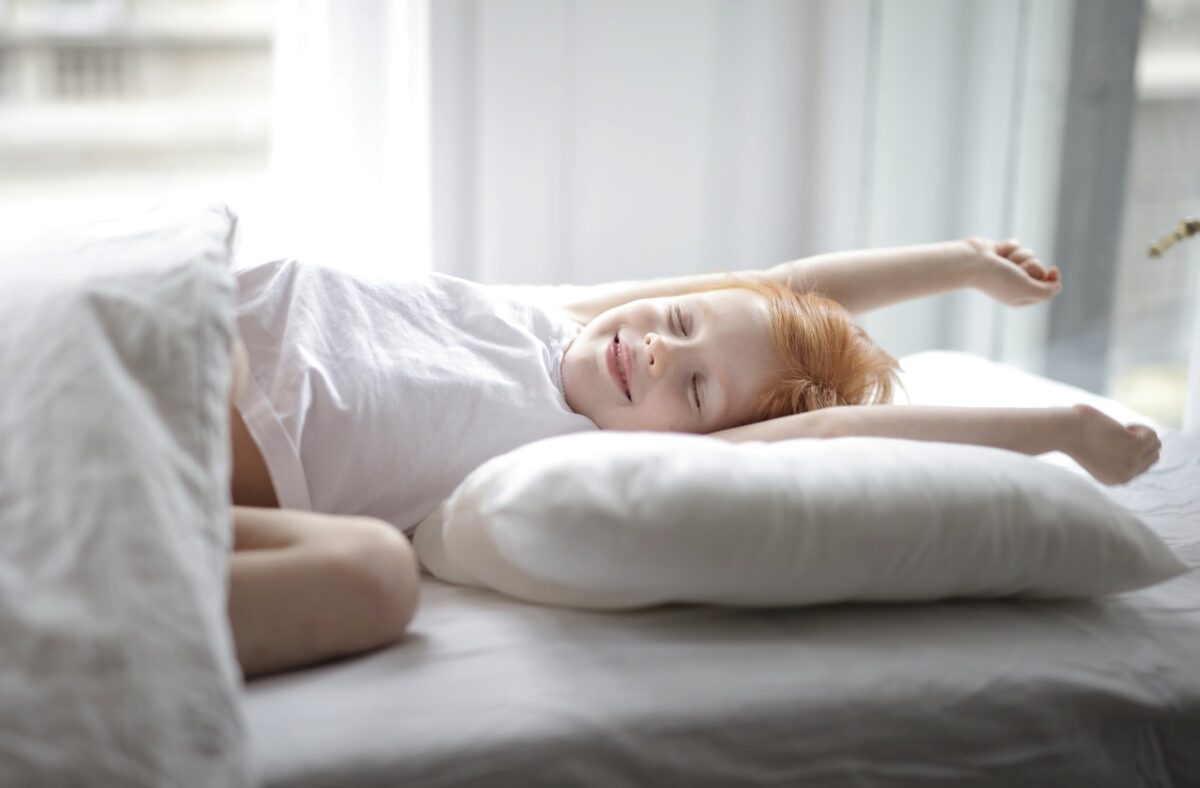The connection between a healthy lifestyle and improved psychological wellbeing has been widely acknowledged in scientific research and popular culture. A balanced diet, regular exercise, and adequate sleep are just a few factors that contribute to a person’s overall mental health. This article delves into the impact of adopting a healthy lifestyle on an individual’s psychological state, exploring the various benefits and ways to promote mental wellbeing through lifestyle choices.
The Role of Nutrition
A balanced diet, rich in essential nutrients, plays a vital role in supporting a healthy psychological state. Consuming a variety of fruits, vegetables, whole grains, lean proteins, and healthy fats provides the body with the necessary nutrients to maintain optimal brain function. Foods rich in omega-3 fatty acids, such as fish, nuts, and seeds, have been linked to improved mood and reduced symptoms of depression. Moreover, antioxidants found in colorful fruits and vegetables help combat oxidative stress, which can negatively affect cognitive function and mental health.
Physical Activity and Mental Wellbeing
Regular physical activity has been proven to have a positive impact on an individual’s psychological state. Exercise not only boosts mood by increasing the production of endorphins, the body’s natural “feel-good” chemicals, but it also reduces stress, anxiety, and symptoms of depression. Additionally, engaging in physical activity can improve cognitive function, enhance self-esteem, and promote better sleep quality, all of which contribute to a healthier mental state.
Sleep and Mental Health
Adequate sleep is crucial for maintaining a healthy psychological state. Sleep provides the brain with an opportunity to repair and rejuvenate itself, allowing for better cognitive function and emotional regulation. Insufficient sleep can lead to irritability, difficulty concentrating, and an increased risk of developing mood disorders such as anxiety and depression. Prioritizing sleep by establishing a regular sleep schedule, creating a relaxing bedtime routine, and ensuring a comfortable sleep environment can significantly improve one’s mental wellbeing.

Stress Management and Mindfulness
A healthy lifestyle also involves managing stress and practicing mindfulness. Chronic stress can have detrimental effects on an individual’s psychological state, contributing to anxiety, depression, and even memory impairment. Developing effective stress management techniques, such as meditation, deep breathing exercises, or engaging in hobbies, can help alleviate stress and promote mental wellbeing. Mindfulness practices, such as yoga and meditation, encourage individuals to focus on the present moment, fostering self-awareness and mental clarity while reducing negative thought patterns.
Social Connections and Mental Health
Establishing and maintaining meaningful social connections is another crucial component of a healthy lifestyle. Social support has been linked to increased resilience, reduced stress, and improved mental health. Nurturing relationships with friends, family, and community members provides a sense of belonging and purpose, which can have a positive impact on an individual’s psychological state.

The Power of Nature and the Psychological State
Another essential aspect of a healthy lifestyle is the connection to nature. Spending time in natural environments, such as parks, forests, or beaches, has been shown to have a positive impact on an individual’s psychological state. Research indicates that immersing oneself in nature can reduce stress levels, increase feelings of happiness, and promote overall mental wellbeing. This phenomenon, known as “nature therapy” or “ecotherapy,” encourages individuals to engage in outdoor activities like walking, hiking, or simply sitting in a natural setting to reap the psychological benefits. Incorporating regular exposure to nature into one’s lifestyle can not only enhance mental health but also provide a sense of balance and harmony with the world around us, further contributing to a healthier, more fulfilling life.
Embracing Creativity and its Impact on Psychological State
Integrating creative outlets into one’s lifestyle is another powerful way to promote a healthy psychological state. Engaging in artistic activities such as painting, writing, music, or dance allows individuals to express their emotions, thoughts, and experiences, which can foster self-awareness and emotional processing. Creative pursuits can act as a form of therapy, helping to alleviate stress, boost mood, and enhance cognitive function. Moreover, the act of creating can instill a sense of accomplishment and purpose, improving self-esteem and overall mental wellbeing. By embracing creativity and incorporating it into daily life, individuals can unlock a myriad of psychological benefits, further enriching their journey towards a healthy lifestyle and a balanced state of mind.
Incorporating a healthy lifestyle has a profound effect on an individual’s psychological state. Prioritizing nutrition, physical activity, sleep, stress management, and social connections not only contributes to improved mental health but also fosters a sense of overall well being. By adopting these healthy habits, individuals can promote a positive psychological state, enhancing their quality of life and supporting long-term mental health.

